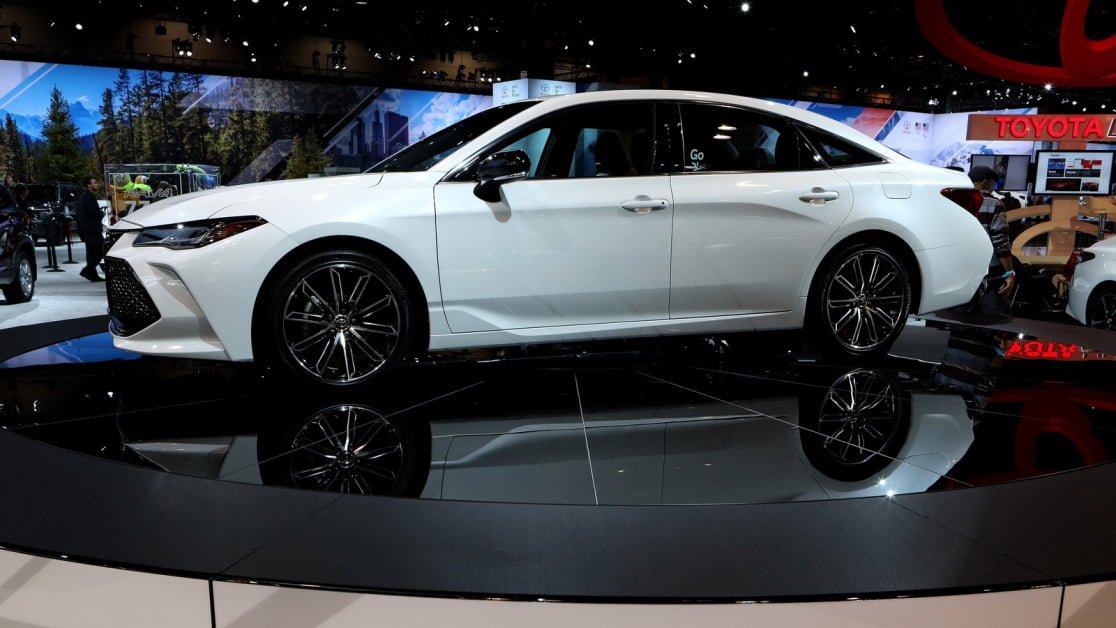Toyota’s decision to discontinue the popular Avalon sedan has raised eyebrows in the automotive industry. The Avalon, known for its comfort, reliability, and luxury features, has been a long-standing model in Toyota’s lineup. The announcement of the end of production for the Avalon has left many wondering about the reasons behind this move and its implications for the sedan market.
The Origins and Legacy of the Avalon
When Toyota introduced the Avalon in the mid-90s, it marked a significant milestone as the company’s first full-size sedan entirely manufactured in the U.S. The Avalon boasted a sleek design, spacious interior, powerful engine, and advanced features, quickly becoming a strong competitor to Toyota’s mid-size Camry. Over its nearly three-decade production run, the Avalon was seen as a more affordable alternative to the luxury sedans under Toyota’s Lexus brand. Despite its long-standing success, Toyota surprised many by announcing that the 2022 fifth-generation model would be the Avalon’s last, with production ceasing before 2023.
Making Room for the Crown
One of the key reasons behind Toyota’s decision to discontinue the Avalon was to make way for the Crown, a larger sedan with a more upscale appeal. While the Crown has been part of Toyota’s lineup since the 1950s, it was primarily marketed in Asian and European markets. The revamped Crown, with its refreshed exterior design and hybrid engine options producing up to 340 horsepower, was positioned as a successor to the Avalon. Despite some initial skepticism, the Crown garnered positive reviews for its modern design and advanced technology, hinting at a potential shift in Toyota’s sedan offerings.
Declining Sales and Market Trends
Another factor contributing to the discontinuation of the Avalon was its declining sales numbers in the years leading up to 2022. While the Avalon maintained its reputation for quality and performance, shifting consumer preferences towards SUVs impacted its market share. The rise in SUV popularity, coupled with the lack of significant updates to the Avalon in recent years, led to a gradual decline in sales. Toyota’s decision to focus on the Crown, with its SUV-inspired design and hybrid technology, reflects the changing landscape of the sedan market and consumer demands.
Toyota’s move to discontinue the Avalon was driven by a combination of factors, including the introduction of the Crown, declining sales, and evolving market trends. The transition to the Crown signals Toyota’s strategic shift towards more modern and innovative sedan offerings, reflecting the company’s commitment to adapting to changing consumer preferences. Only time will tell how the Crown will fare in the competitive sedan market and whether it can fill the void left by the departure of the beloved Avalon.


